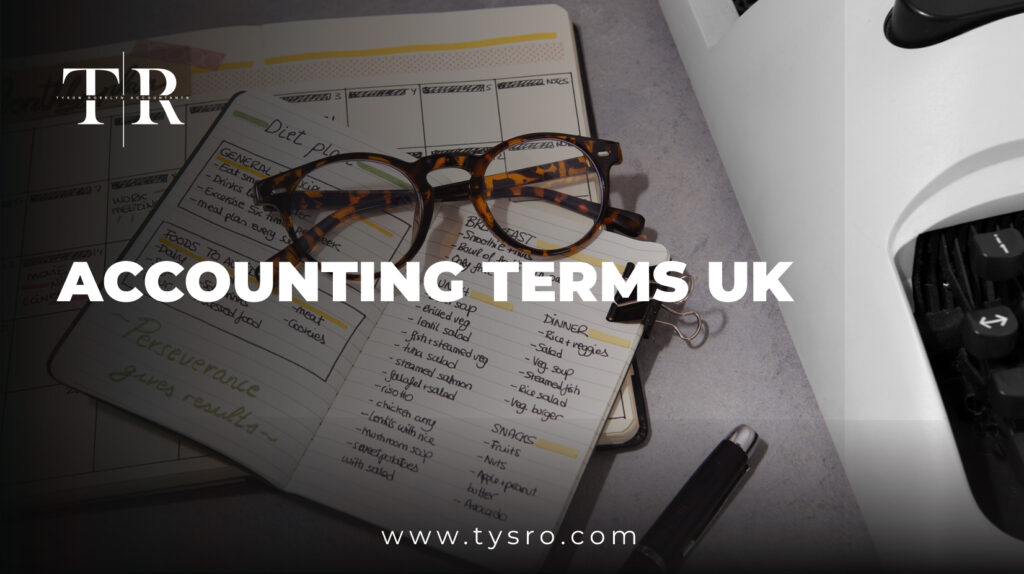Introduction
If you’re managing a small business or just handling your finances in the UK, understanding accounting terms UK can be a game-changer. Knowing the right terms ensures you stay on top of your finances and make informed decisions. Whether you’re dealing with taxes, bookkeeping, or payroll, the right knowledge of accounting terms UK can save you time and money.
Let’s go step-by-step through the essential accounting terms UK that will help you get a handle on your finances. These terms aren’t just for accountants; they’re for anyone who wants to understand how money flows through a business.
Why Understanding Accounting Terms UK is Important
Imagine you’re running a small business, and the tax season rolls around. Suddenly, you’re faced with invoices, receipts, and financial statements that look like they’re written in a foreign language. That’s a problem. You don’t need to be a certified accountant, but knowing these basic accounting terms UK will help you stay in control.
Take John, for example. John runs a local coffee shop and one year later, he receives a surprise bill from HMRC (UK’s tax authority). Why? Because he misunderstood the difference between gross profit and net profit. He thought he was making a lot more money than he was! With just a little bit of accounting knowledge, John could’ve saved himself a headache—and a lot of money.
Let’s make sure you don’t have a similar experience by diving into the most common accounting terms UK.
Key Accounting Terms UK You Should Know
1. Assets
Assets are things that your business owns. This can include cash, equipment, stock, or even the building where your business operates. In simpler terms, assets are anything that has value and can contribute to your business.
For example, if you’re running an online store, your computer, inventory, and money in your bank account are all assets. Check out this guide on assets for more details.
2. Liabilities
Liabilities are the debts and obligations your business owes. This includes loans, mortgages, and anything else you need to pay back.
Think of it this way: If assets are what your business owns, liabilities are what it owes. You can read more about liabilities here.
3. Equity
Equity is the value left in the business after subtracting liabilities from assets. It represents the owner’s share of the business. If you’re running a sole proprietorship or partnership, your equity is basically your ownership stake in the company.
Learn more about how equity works in the UK.
4. Revenue
Revenue is the income your business earns from selling goods or services. For example, if you run an online shop and you sell £1,000 worth of products, that’s your revenue.
Revenue can be confused with profit, but remember: Revenue is your total income before any expenses, while profit is what’s left after those expenses are deducted. Learn about how revenue works here.
5. Expenses
Every business has costs, and these are called expenses. This includes everything from the rent for your office space to what you pay your staff and even your internet bill.
Controlling your expenses is key to making a profit. More about expenses can be found here.
6. Profit
This is what’s left after you’ve paid all your expenses. There are different types of profit:
- Gross Profit: Revenue minus the cost of goods sold.
- Net Profit: What remains after all expenses are deducted from revenue.
In John’s case, he confused gross profit with net profit—thinking his revenue was his take-home earnings. Check out this guide to make sure you don’t make the same mistake.
7. Cash Flow
Cash flow is the movement of money in and out of your business. It’s important to keep a close eye on cash flow, as it shows whether you have enough cash to keep your operations running smoothly.
Learn how to manage your cash flow effectively here.
8. Depreciation
Depreciation refers to the reduction in the value of an asset over time. For example, if you buy a van for your business, its value decreases each year due to wear and tear. Understanding depreciation is important because it affects your profit and tax calculations.
Learn more about depreciation and how it affects your business in the UK.
Step-by-Step Guide: How to Keep Track of Accounting Terms UK
- Get a good accounting software: Using software like QuickBooks or Xero can help you track these terms in real-time.
- Understand your financial statements: The two main ones are the balance sheet (which shows assets, liabilities, and equity) and the income statement (which shows revenue, expenses, and profit).
- Consult a professional: If you’re ever in doubt, consulting with an accountant can clear things up for you.
By understanding these accounting terms UK, you’ll not only stay on top of your finances but also gain confidence in running your business.
Why Tysro.com is the Solution You Need
If all of this still seems overwhelming, that’s completely normal. Accounting is a skill that takes time to master. That’s where Tysro.com comes in. At Tysro, we provide tailored accounting services for small businesses across the UK.
We believe that small business owners should be able to focus on what they do best—running their business—without getting bogged down by the complexities of accounting. Our team will handle everything from bookkeeping to tax planning to make sure you’re compliant with UK law and maximizing your profits.
By choosing Tysro, you’re not just getting an accounting service; you’re getting a partner who understands your unique business needs. Our expertise ensures that you can focus on what truly matters while leaving the accounting to us.
Final Thoughts
Understanding these basic accounting terms UK can seem like learning a new language, but with practice, it will become second nature. Armed with this knowledge, you’ll be better equipped to manage your business’s finances, avoid common pitfalls, and make smarter decisions.
And remember, if you ever need a helping hand with your accounting, Tysro.com is here to assist you. Don’t wait until tax season to realize you’re in over your head—let us help you keep your business on track all year round.
Ready to streamline your accounting? Visit Tysro.com today!




